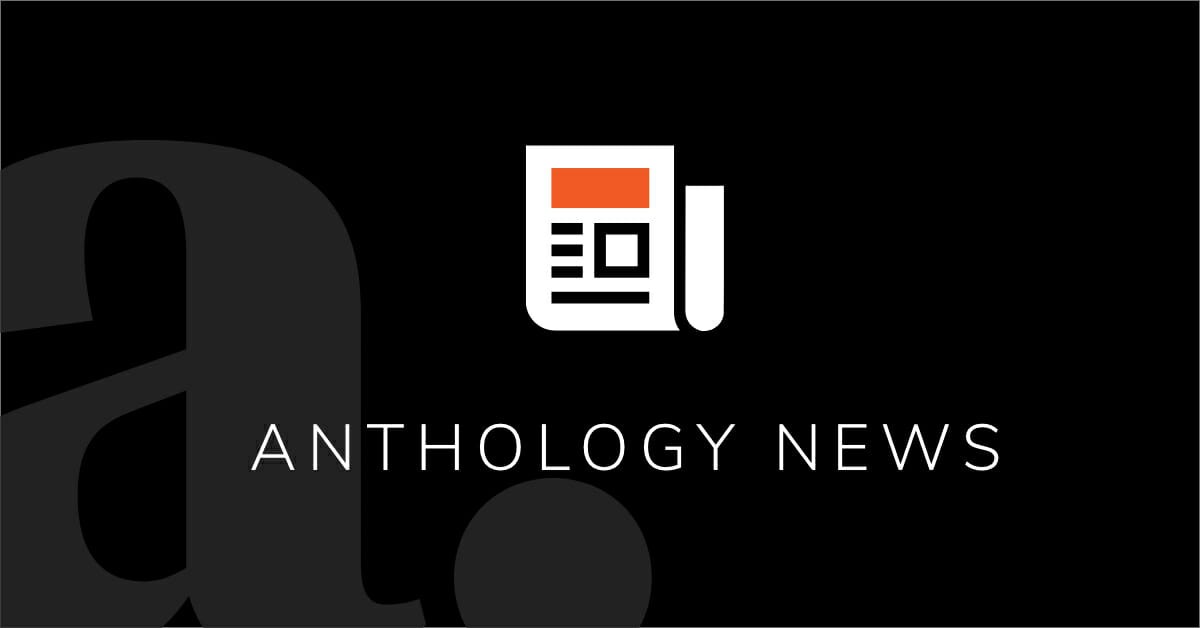
New report: Call to Action for Education Leaders to Focus More on Student Agency and Equity in K-12 Education
Project Tomorrow research documents how technology use can support more equitable learning experiences for all students
IRVINE, Calif., Sept. 24, 2021 -- Project Tomorrow, a national education nonprofit supporting the implementation of research-based learning experiences, and Blackboard Inc., a leading global EdTech software and solutions company, today released a new digital learning report leveraging key insights from the survey of 50,000 K-12 students, parents, and educators during the 2020-21 school year. The report, "Empowering and Engaging Student Voice to Create Equity in Education," reveals persistent inequalities and disengaged students, but also details a path forward, where students themselves direct their learning journey.
Key Findings
- While two-thirds of students grades 6-12 said the top benefit of virtual learning was learning at their own pace, less than half of school principals saw it as an important benefit.
- Overall, just half of students say they're engaged. At schools where the majority of the 6-12 grade population are students of color, just 43% agree they are engaged with what they are learning, 8 points lower than schools where the majority of the student population is white (51%).
- Self-directed learning emerged as a critical engagement tool. Surveyed students' preference for a school culture where self-directed learning is the norm is valued by 55% of high school students. Among students who say that they wish their classes were more interesting at school, 60% identify this learning preference.
- Teachers have also become more comfortable using technology to personalize experiences for students. For example, 37% of teachers this year said they were very comfortable using technology to personalize experiences for students in their class; only 21% of teachers said the same in the 2019-20 school year.
- Additionally, 44% of teachers report that, as a result of remote learning experiences, they now understand how to engage students effectively in learning when that learning modality is online. Email (67%), mobile apps with conversational capabilities (61%), and text messaging (54%) remain the most effective way for high schoolers to communicate with teachers.
"Educators and learners' experiences during the pandemic continue to bring into sharper focus the importance of student agency when it comes to engaging learners," said Dan Seeley, Vice President, Product Management for Community Engagement at Blackboard. "Empowering learners to direct their unique learning journey demands a personalized experience, tailored to each student's needs."
"The disruptive events of the past 18 months with the pandemic and shifts in learning modalities have opened our collective eyes to several new truths including about the interrelationship between equity and student empowerment as documented in this new report," said Dr. Julie A. Evans, chief researcher and CEO of Project Tomorrow. "With the research in front of us, we cannot look away now but must take this opportunity in time to re-think the ways we are approaching learning and especially how technology can be better used to support student engagement in learning."
Five Questions K-12 Leaders Should be Asking Today
Using the survey data as the foundation, the new report proposes five key questions that every K-12 education leader should be asking today as a result of the ongoing disruptions to school for many students in the United States. The five questions set out in the report prompt the reader to think deeply about what is needed to ensure that student agency and equity is a top priority in their school or district. Those five questions are:;
- How does technology support student learning and agency across a variety of educational settings and classroom formats?
- What has been the impact of remote learning and digital learning formats on students' perceptions of school and education?
- Are our students more or less engaged in school today?
- What types of learning experiences do students want and prefer?
- What can your school or district do to meet the needs, expectations, and aspirations of students for a more equitable and engaging learning experience?
The new report can be accessed here.
About Project Tomorrow
Project Tomorrow's nonprofit mission is to support the effective implementation of research-based learning experiences for students in K-12 schools. The organization's landmark research is the Speak Up Research Project which annually polls K-12 students, parents, educators and community members about the impact of technology resources on learning experiences both in school and out of school, and represents the largest collection of authentic, unfiltered stakeholder voice on digital learning. Since 2003, almost 6 million K-12 students, parents, teachers, librarians, principals, technology leaders, district administrators and members of the community have shared their views and ideas through the Speak Up Project. Learn more at www.tomorrow.org.
About Blackboard
Blackboard is a leading EdTech company, serving higher education, K-12, business and government clients around the world. We connect a deep understanding of education with the power of technology to continuously push the boundaries of learning. Our mission is to advance learning together with the world's education community, so that all learners, educators and institutions can realize their goals today and prepare for tomorrow.